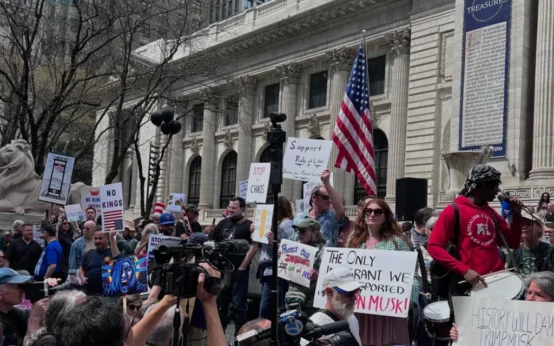U.S. Deputy Secretary of State Christopher Landau issued a strong warning directed at foreigners who are praising, making light of, or otherwise justifying the assassination of conservative activist Charlie Kirk. In a post on the social media platform X, Landau said that “foreigners who glorify violence and hatred are not welcome visitors to our country” and that he has instructed consular officials to take “appropriate action” in response to such behavior
Who Was Charlie Kirk, and Why This Single Event Matters
Charlie Kirk was a known conservative activist, founder of Turning Point USA, and an ally of former President Donald Trump. At around 31 years old, he had become a prominent voice in conservative circles, especially among younger Americans, for his speeches and media presence.

His assassination during a public event shook many political observers. Because of his high profile and polarizing status, the reactions to his death both mourning and condemnation have been loud and sharp.
What Landau’s Order about Visa Revocation and Social Media Scrutiny
When Landau says appropriate action, several possible consequences are implied, though the exact measures have not been fully spelled out. Among the actions likely under consideration are revoking or denying visas to foreigners who praise or make light of the killing.
This builds on earlier Trump-administration policies tightening social media vetting for immigrants, including students, and enforcing stricter checks for those who might express “anti-American” or “hostile” views online. There have already been mass visa revocations for foreign students or other visa holders for reasons ranging from immigration law violations to alleged support for groups or views the U.S. deems problematic.
Uncertainties and What to Watch For Upcoming Days
At this point, many details remain uncertain. How exactly appropriate action will be defined and applied is unclear. Will it mean visa denial only, or will it extend to revocation of existing visas, deportation, or summons for questioning What kinds of online content will be disqualifying, and what evidence will consular officials use?
Observers will be watching for early cases: Are there people whose visas are denied or revoked under this policy If so, what are their profiles, and how public will those cases become? Also, whether legal challenges arise especially from civil liberties organizations arguing that policy oversteps free speech rights or that enforcement is discriminatory or arbitrary.


 Why Barcelona vs. Inter Was a Classic
Why Barcelona vs. Inter Was a Classic  Fan Falls from Clemente Wall During Pirates-Cubs Game
Fan Falls from Clemente Wall During Pirates-Cubs Game  Massive Wildfire Rages Near Jerusalem
Massive Wildfire Rages Near Jerusalem  Angelina Jolie Calls Gaza a “Mass Grave” for Palestinians
Angelina Jolie Calls Gaza a “Mass Grave” for Palestinians  Star Wars Fans Light Up Japan
Star Wars Fans Light Up Japan  Anti-Trump Protests Erupt Across U.S. Cities
Anti-Trump Protests Erupt Across U.S. Cities